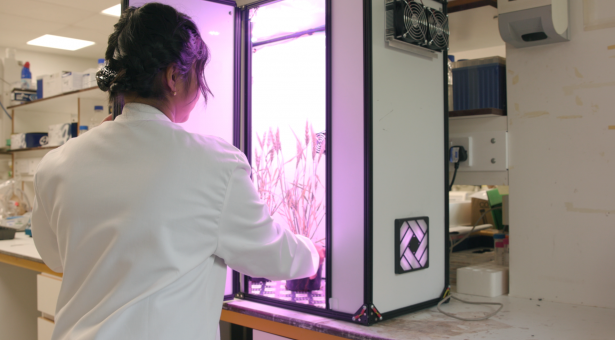Are you keen to develop your project and people management skills in one of the most fast moving areas of biomedical research: lab automation and synthetic biology?
We are looking for a molecular biologist, with extensive project and people management skills, to drive forward an automated genome assembly platform – Edinburgh’s Genome Foundry.
The Foundry is a world-leading facility, based within the School of Biological Sciences at the University of Edinburgh, devoted to the design and building of DNA constructs and provision of a wide range of laboratory automation services. The Facility Manager at Edinburgh Genome Foundry will be responsible for the implementation of the Foundry’s business strategy, the effective management of its projects, people, resources and budgets.
This is a unique opportunity to apply and develop your skills within an exciting, challenging and collaborative work environment.
This post is offered on a full time, open ended basis.
Salary: £40,792 - £48,677
For further Information, please contact Dr Liz Fletcher (liz.fletcher@ed.ac.uk)
Closing date is 25 June 2019 at 5 pm.
For the full job description and to apply, visit:
https://www.vacancies.ed.ac.uk/pls/corehrrecruit/erq_jobspec_version_4.jobspec?p_id=048000

![[Closes 24 Nov 2107] Apply now to the OpenPlant Fund!](https://images.squarespace-cdn.com/content/v1/54a6bdb7e4b08424e69c93a1/1509564315902-TUO4I6QRWI9TT8UGSIAJ/OpenPlantTwitter_400x400+%281%29.jpg)

![[Closes 7 Mar 2017] OpenPlant Research Associate (Haseloff Lab)](https://images.squarespace-cdn.com/content/v1/54a6bdb7e4b08424e69c93a1/1486552818859-FH76MCA8SMFU93WB85RX/OpenPlantTwitter_400x400.jpg)





